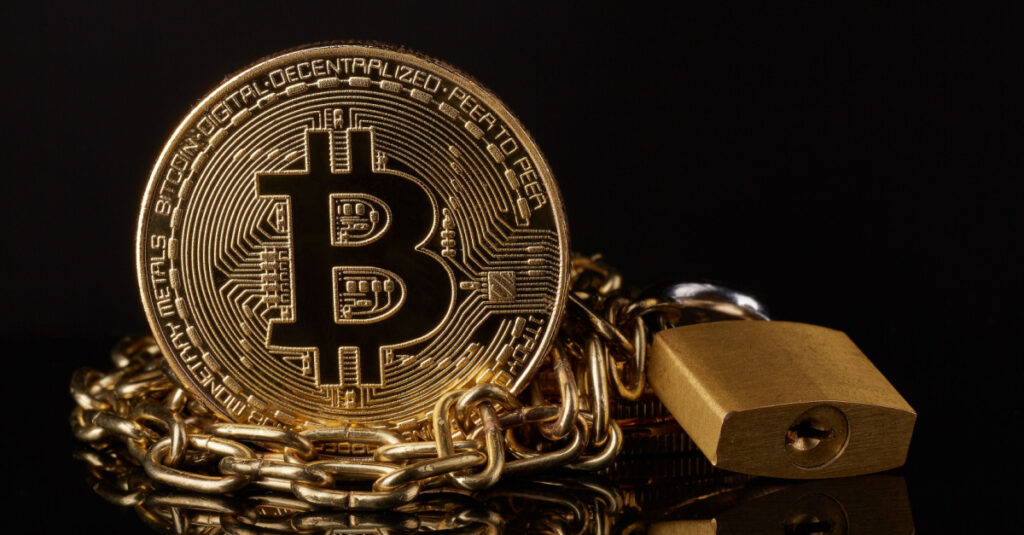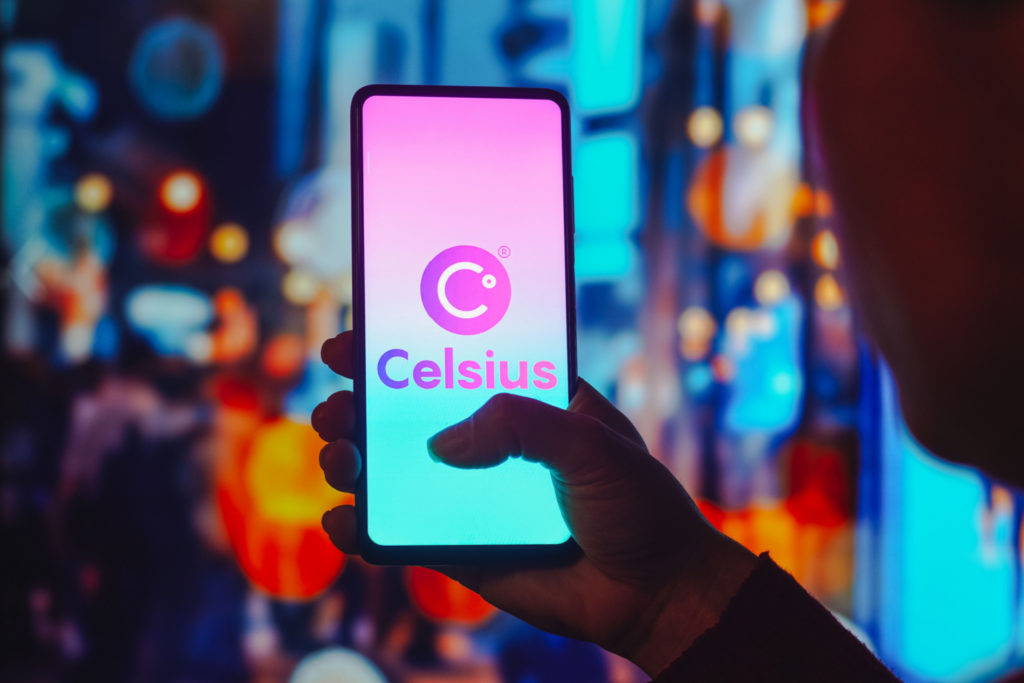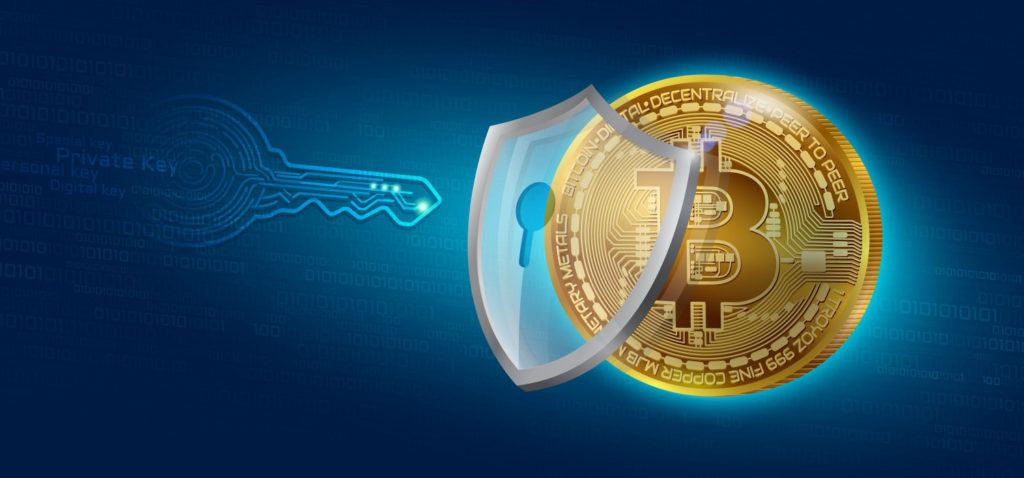
Why Non-Custodial Exchanges Are The Future of Crypto
It’s been a rocky few months for crypto.
Millions of people have suffered losses after the collapse of FTX and Celsius, but these collapses don’t spell the demise of crypto, they lay the groundwork for a new crypto economy with self-custody at its heart.
The FTX fallout
The events surrounding the FTX collapse have put customers of many crypto exchanges on edge, as they fear that their own exchanges might experience similar issues and they could lose their funds as well.
The truth is that the safety of funds is a genuine concern because as long as people keep their funds in custodial exchanges such as FTX, there is a great likelihood of recurrence.
However, non-custodial exchanges that send crypto instantly to user-controlled wallets have proven themselves to be a viable alternative, time and time again.
Why did FTX fail?
In a short period of time, the value of FTX, then the top cryptocurrency exchange in the world, plummeted from $32 billion to insolvency.
The decline was triggered by the revelation that FTX had used customer funds to finance risky trades through its affiliated trading company, Alameda Research, as reported by CoinDesk.
Since this information came to light, the exchange has faced a series of financial and legal problems.
The key question in this situation is why the company had such extensive access to customer funds in the first place.
This may be due in part to the lack of proper regulation of the cryptocurrency industry in many jurisdictions, leading to limited protections against such losses. However, there is a better solution.
If FTX had been a non-custodial exchange, it is impossible that such events would have ever occurred as the exchange would never have been left in control of user funds.

Former CEO of FTX Sam Bankman-Fried leaves the Federal Court in New York on January 3, 2022 after pleading not guilty on charges related to the collapse of his company.
Fundamental problems with custodial exchanges
When you deposit funds or buy crypto at a custodial exchange like Binance or FTX, the funds are transferred to a wallet controlled by the exchange – not you. The funds aren’t yours until you withdraw them to a wallet you control, a process that might involve additional hoops to jump through, or fees to pay.
This can be seen as a safe option for novices because large cryptocurrency exchanges usually have robust security measures in place to protect funds from hackers. Also, it is a nice deal for beginners who are not interested in the complexities of how a blockchain wallet operates. Another advantage is that if a customer loses their password, it can be easily reset to regain access to funds.
These benefits however come at a hefty price. Although they provide quick and inexpensive transactions, custodial exchanges lack transparency. There is very little to stop exchanges from misusing customer funds, and given the huge incentives for them to do so, foul play is almost inevitable. Additionally, users frequently encounter delays in trading and protracted withdrawal times.
Custodial exchanges’ centralization is also not ideal. The exchanges have a lot of control over the money that customers have, which could cause systemic problems down the road if it is left unchecked.
The Celsius ruling has big implications for users of custodial exchanges
A US judge recently ruled that Celsius Network, a cryptocurrency exchange that is filing for bankruptcy, owns most of its customers’ cryptocurrency, which means that the customers will be last in line for repayment in the crypto lender’s bankruptcy repayments.

Even regardless of this ruling, there will always be an underlying risk of funds being mismanaged or stolen by an exchange. The failures of FTX and Celsius have led customers to realize that it is better to have control over their own funds rather than rely on potentially untrustworthy exchange executives. The Celsius ruling demonstrates that even when funds are lost by a centralized exchange, the law may not be on the users’ side.
This means that it is imperative for users to take control of the funds – after all, this is why crypto was designed in the first place!
Are non-custodial exchanges any better?
With non-custodial exchanges, you – and you alone – are responsible for managing and protecting your own private keys, rather than relying on a third party like a crypto exchange to hold them in custody. This means that you have complete control over your private keys.
Users who hold on to their own funds can spend or send them instantly without being affected by the financial status of an exchange or having to go through an approval process or adhering to withdrawal limits. This is because the interaction occurs directly between the user and the blockchain, rather than involving a third party.
However, with increased control comes increased responsibility. It is vital that users understand the importance of safeguarding their private keys. If investors and traders lose access to their private keys, they lose all of their crypto assets. Since it’s impossible to retrieve a lost private key for non-custodial wallets, users need to be extra careful.
Crypto’s best-kept secret

The good news is that storing your private keys yourself is in fact incredibly simple!
Storing your private keys only involves keeping a few simple words safe. These can be written down in a safe place or even memorized!
Best practice is to keep them offline in multiple safe places where they can’t be discovered. It’s wise to store them in a way that if they are found by someone else, that person wouldn’t be able to use them.
Want to know more about storing your crypto safely? Here are some simple measures that you can use to keep your wallets well-secured.
Why use Xcoins?
Xcoins is a top-tier cryptocurrency non-custodial cryptocurrency exchange that allows users to purchase cryptocurrencies quickly, directly to their own wallet.
All you need to provide is your payment details and your wallet address. The transaction will be made within fifteen minutes of payment confirmation. Payment can be by Visa, MasterCard, Google Pay, Apple Pay, or bank transfer.
Unlike custodial exchanges, Xcoins does not have any control or access to your wallet’s private keys and if the company ever faces financial issues, you can be assured that you would have unhindered access to your funds.
Xcoins has a long track record of successfully operating in the crypto industry, it is regulated by the Malta Financial Services Authority (MFSA), which is widely believed to have one of the most customer-focused regulation regimes on earth! Xcoins and the MFSA have always prioritized the safety and security of customers’ funds above all else.
So, if you are looking for a trustworthy and reliable platform to buy and sell cryptocurrencies, Xcoins may be the right choice for you. Xcoins offers a quick and convenient way to purchase Bitcoin, Ethereum, XRP, and various other cryptocurrencies.
As always, this article does not constitute financial advice. You should be sure to research and consult a professional financial advisor before making a major investment decision.
To stay up to date on all things crypto, like Xcoins on Facebook, and follow us on Twitter, Instagram, and LinkedIn.

